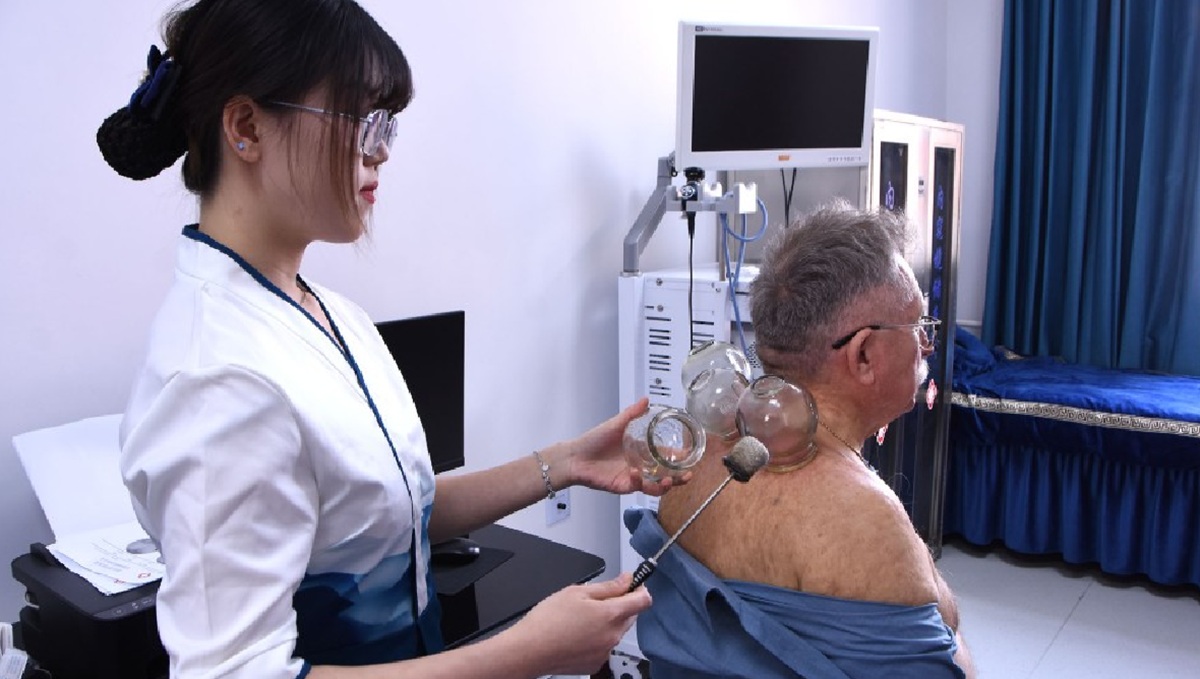The role of Artificial Intelligence in the ICU
- Update Time : Friday, July 21, 2023

The healthcare industry has been rapidly evolving with the integration of advanced technologies, and one of the most promising advancements is the application of Artificial Intelligence (AI) in critical care settings. Intensive Care Units (ICUs) are highly demanding environments where timely and accurate decisions can be a matter of life and death. Can Artificial Intelligence perform as a nurse in the ICU?
Understanding AI’s role in the ICU
Real-time data analysis: AI systems can process vast amounts of patient data collected from monitors, medical devices, and electronic health records (EHRs). They can rapidly analyze this information, identifying patterns and trends that might go unnoticed by human nurses. This enables AI to alert medical staff to critical changes in a patient’s condition promptly.
Early warning systems: AI can be trained to recognize early signs of deterioration in patients, such as abnormal vital signs or lab results. By providing early warning alerts, AI can assist healthcare professionals in taking proactive measures, potentially preventing severe complications.
Predictive analytics: Leveraging historical data and machine learning algorithms, AI can forecast the risk of specific complications for individual patients. This can help ICU staff prioritize resources, focus on high-risk cases, and allocate interventions more effectively.
Medication management: AI-powered systems can support medication management by cross-referencing patient data with drug databases to prevent potential adverse drug interactions or allergies. It can also assist in calculating accurate dosages and administration schedules.
Workflow optimization: AI can streamline ICU workflows by automating routine tasks, such as data entry and documentation. This allows nurses to dedicate more time to direct patient care and critical decision-making.
Challenges and considerations
Complex decision-making: While AI excels at data analysis, it may struggle with nuanced decision-making and context awareness, which are crucial in critical care settings. Human nurses possess empathy and intuition, factors that are challenging for AI to replicate – at least until now.
Ethical dilemmas: AI’s involvement in patient care raises ethical questions, such as who takes responsibility in case of system errors, and how much decision-making power should be delegated to machines. Striking the right balance between human judgment and AI assistance is crucial.
Interdisciplinary Collaboration: Integrating AI into the ICU requires effective collaboration between healthcare professionals, IT specialists, and AI developers. A cohesive approach is necessary to ensure seamless implementation and user acceptance.
Data security and privacy: AI systems process sensitive patient data, making data security and privacy critical concerns. Safeguarding patient information from potential breaches and unauthorized access is imperative.
Training and familiarization: Nurses and medical staff need adequate training to effectively use AI systems and understand their outputs. Proper education is essential to build trust and confidence in AI-driven decision support.
The complementary nature of AI and human nurses
AI’s potential in the ICU lies in its ability to complement and augment human expertise, rather than replace it. By assisting nurses with real-time data analysis, early warning systems, and predictive insights, AI can enable medical staff to make more informed and timely decisions, ultimately leading to improved patient outcomes.
Human nurses bring irreplaceable qualities to patient care, such as empathy, compassion, and the ability to form meaningful connections with patients and their families. These emotional and interpersonal aspects of care are fundamental to the healing process and remain the cornerstone of nursing practice.
Artificial Intelligence holds great promise in revolutionizing healthcare, particularly in the ICU. While AI can never replace the vital role of human nurses, it can act as a powerful tool to enhance patient care. By leveraging AI’s capabilities in data analysis, early detection, and predictive insights, healthcare professionals can optimize their decision-making processes and improve patient outcomes. However, it is essential to address the challenges and ethical considerations surrounding AI implementation, ensuring that patient safety, privacy, and the human touch in nursing are always at the forefront of care delivery.

















